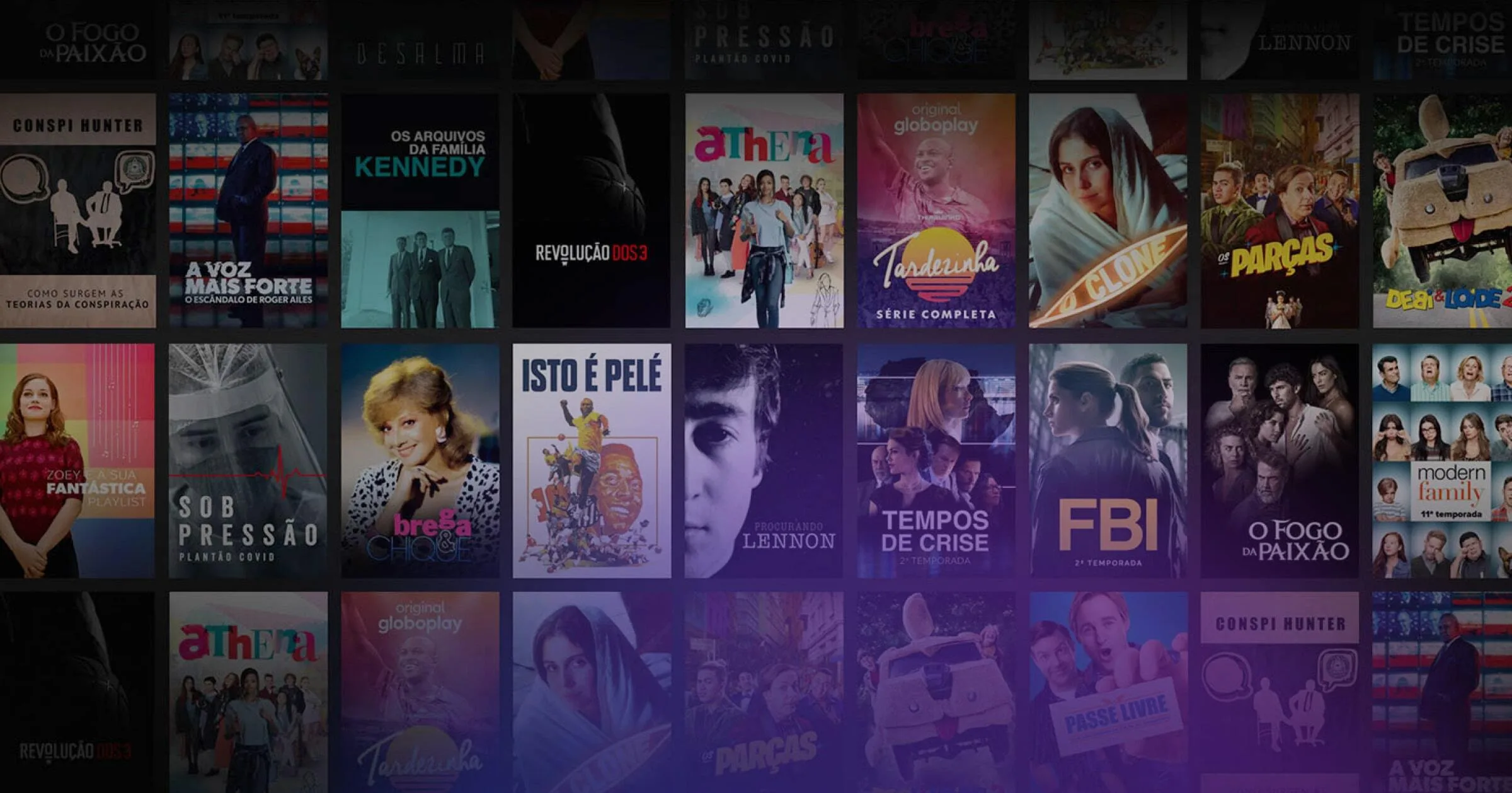A few months ago, Bitmovin and the University of Klagenfurt announced a new collaboration on a research project called GAIA, which aims to make video streaming more sustainable. Project ‘GAIA’ is co-funded by the Austrian Research Promotion Agency (FFG) and will focus on helping the video-streaming industry reduce its carbon footprint.
Dr Christian Timmerer is a Professor at the Institute of Information Technology (ITEC) at the University of Klagenfurt and one of the co-founders of Bitmovin. We had a quick chat with him to see how Project GAIA is progressing.
For those who aren’t aware, why is it important to reduce video streaming’s carbon footprint?
Climate change is the biggest threat facing this generation, requiring urgent action. We are already seeing the impact of climate change around the world, with record-breaking temperatures and more natural disasters. Everyone has to work together in the coming years if we are to turn the tide against it, including everyone working in the video streaming industry.
Currently, internet data traffic is responsible for more than half of digital technology’s global impact, which is 55% of energy consumption annually. Video processing and streaming generate 306 million tons of CO2, which is 20% of digital technology’s total GHG emissions and nearly 1% of worldwide GHG emissions. It’s why Bitmovin and the University of Klagenfurt are working together on Project GAIA to enable more climate-friendly video streaming solutions providing better energy awareness and efficiency through the end-to-end video workflow.
Combining Bitmovin’s history of innovation in video streaming with the University of Klagenfurt’s strong academic background in technology research means we are well-primed to help make video streaming more sustainable.
We are now three months into Project GAIA. What have been some of the key learnings?
Over the last three months, we have been deeply focused on investigating the challenges and opportunities associated with reducing emissions in video streaming. One thing we have been examining is data centres, which handle the video encoding process and storage of video content. They consume huge amounts of power, but there are ways to make them more sustainable, including selecting energy-optimized and sustainable cloud services to help reduce CO2 emission; identifying cloud computing regions with low carbon footpring; using more efficient and faster transcoders and encoders; and optimizing the video encoding parameters to reduce the bitrates of encoded videos without affecting quality.
We have also identified challenges and opportunities in video delivery within heterogeneous networks. Ways of reducing carbon emissions centre around energy-efficient network technology for video streaming and lower data transmission to reduce energy consumption. Lastly, we have also examined challenges and opportunities in end-user devices. Research actually shows that end-user devices and decoding hardware make up the greatest amount of energy consumption and CO2 emissions in the video delivery chain. We believe the best carbon emission reduction strategies lie in improving the energy efficiency of end users’ devices by improving screen display technologies or shifting from desktops to using more energy-efficient laptops, tablets, and smartphones.
What role will GAIA play in helping reduce video streaming’s carbon footprint?
I am incredibly excited about Project GAIA and the results it will yield. Our aim is to design a climate-friendly adaptive video streaming platform that provides complete energy awareness and accountability, including energy consumption and GHG emissions along the entire delivery chain, from content creation and server-side encoding to video transmission and client-side rendering; and reduced energy consumption and GHG emissions through advanced analytics and optimizations on all phases of the video delivery chain.
Our research will focus on providing benchmarking, energy-aware and machine learning-based modelling, optimization algorithms, monitoring, and auto-tuning, which will provide more quantifiable data on energy consumption in video streaming through the video delivery chain. Eventually, we hope to be able to use our findings to optimize encoding, streaming and playback concerning energy consumption.




